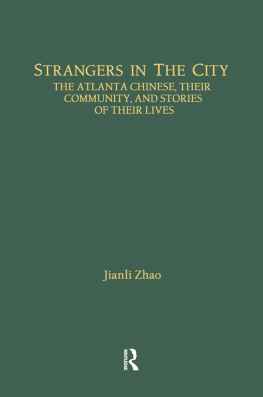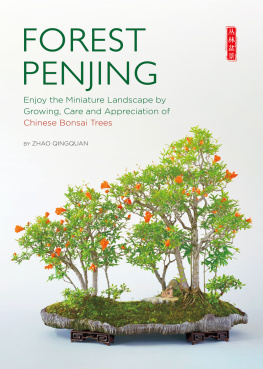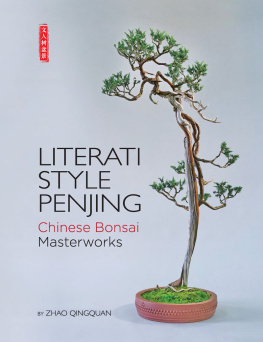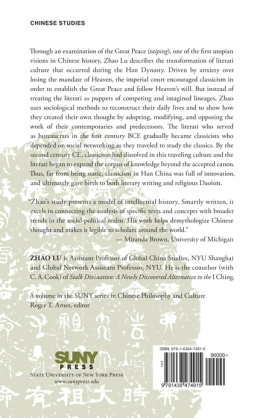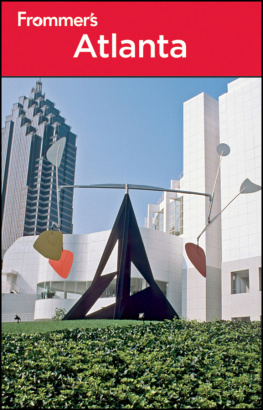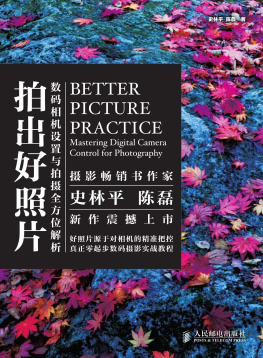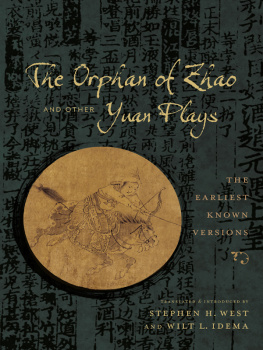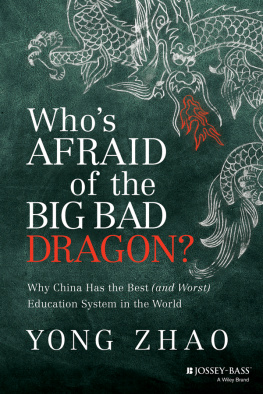ASIAN AMERICANS
RECONCEPTUALIZING CULTURE, HISTROY, AND POLITICS
edited by
Franklin Ng
California State University Fresno
A ROUTLEDGE SERIES
Published 2002 by Routledge
2 Park Square, Milton Park, Abingdon, Oxon 0X14 4RN
52 Vanderbilt Avenue, New York, NY 10017
First issued in paperback 2018
Routledge is an imprint of the Taylor & Francis Group, an informa business
Copyright 2002 by Jianlij Zhao
All rights reserved. No part of this book may be reprinted or reproduced or utilised in any form or by any electronic, mechanical, or other means, now known or hereafter invented, including photocopying and recording, or in any information storage or retrieval system, without permission in writing form the publishers.
Notice:
Product or corporate names may be trademarks or registered trademarks, and are used only for identification and explanation without intent to infringe.
Library of Congress Cataloging-in-Publication Data is available from the Library of Congress.
ISBN 13: 978-1-138-88025-2 (pbk)
ISBN 13: 978-0-8153-3803-1 (hbk)
I would like to dedicate this book to the courageous Chinese who pioneered the American South.
The Chinese have lived in the United States for almost a century and a half. This population, however, is rarely associated with the South in general and the state of Georgia in particular, where the relationships between the blacks and the whites have been the center of attention. In fact, the Chinese have lived in Georgia for almost as long as they have lived in other parts of the country, and today, their number has increased dramatically, thanks to the 1965 Immigration Act, which substituted hemispheric quotas for the national origins system. The majority of the Chinese living in Georgia, therefore, are those who came after 1965, commonly referred to as the new immigrants.
Atlanta is the biggest city in Georgia and has the largest concentration of new immigrants from Taiwan, mainland China, Hong Kong and Southeast Asian countries. At least 30,000 Chinese live in Atlanta in the mid-1990s. Some of them work as professionals in American companies; others have become small business entrepreneurs; and still others work in traditional ethnic occupations such as restaurants and groceries. The diversity of the community is characterized by the dozens of Chinese social, religious, academic and business associations in the city. The largest among them is the Atlanta Chinese Community Center, which was founded in 1980 and claims to have 3500 members in 1996.
This study is an attempt to analyze the life of the Atlanta Chinese by talking to the immigrants and presenting the stories they tell about their lives and their community. Although a brief history of the Chinese in the South is presented, the emphasis of this study is cultural, looking mainly at their ways of life in Atlanta, the adjustments they have to make, and the ways in which ethnic and other community institutions function in their lives. It is not a comprehensive study of the history of this community. By telling the stories of a people whose stories are not familiar to the American public, I hope to give the immigrants a voice, a voice that will eventually bring to them attention, understanding, and recognition.
For a project that has taken almost eight years to complete, I have accumulated enormous debts to so many people that it is impossible to acknowledge them all here. Let me begin, however, by thanking my dissertation committee, Professors Richard A. Long, Dana F. White, and Irwin T. Hyatt, for their patience, their inspirations, their understanding, and their promptness in reading the chapters that I dumped on their desks mostly at the last minute and usually demanded immediate reply. Thanks are especially due to Professor Long, for his continued interest in my research and for agreeing to direct this dissertation at short notice. I would also like to thank Professor Allen Tullos, who served as my advisor and committee chair in the first few years of this project, and who first introduced me to the field of community studies in general and ethnic community studies in particular. Dr. Tullos critical comments laid the foundation of this project.
Two people who deserve very special thanks are Drs. M. Rebecca Sharpless and Thomas L. Charlton of Baylor University, Waco, Texas, not only because of their friendship, their constant reminders, and their faith in me throughout the years, but also for editorial support and for volunteering their time proofreading the final chapters.
The immigrant voices heard in this volume resonate from the true authors of this dissertation. I am deeply indebted to the many people who willingly and unhesitantly shared their experiences with me. An oral history interview is a partnership between an interviewee and an interviewer, and I acknowledge with gratitude my co-authors.
I would also like to mention with appreciation my friends Joel M. Bowman, Bela Gazdy, and Lowell Ramsey at the Chemistry Department of Emory University, where I held a part-time job while working on this dissertation, for their interest in my research, their encouragement, and for saving my life by providing computer-related technical support.
Last but not least, I want to express my debt of gratitude to my husband, Zhen Qin, for his support and understanding, especially toward the final stages of this dissertation, for making it possible for me to quit my job and concentrate on completing this project. Although we have been under great pressures at this time mentally and financially, both of us are happy that the project is finally complete and that we can go on with our lives. For all that, let me simply say Thanks, Zhen!
In Chinatown Square Shopping Center in Chamblee, northeast Atlanta, a Chinese woman who prefers to be called Zhuang-Tse owns and runs, with the help of her two sons, Little Mandarin, one of the six fast-food services in the food court, the only one featuring Mandarin cuisine. Barely five years ago, Zhuang-Tse was still working as a director engineer in one of Chinas largest petroleum instrument and equipment factories, located in Xian, Shaanxi Province. A geophysicist since 1958, Zhuang-Tse was quite successful as an engineer in China. Promoted to director engineer in 1987, she was making over 200.00 a month, definitely middle-class" according to Chinese standards. I really enjoyed my work," Zhuang-Tse repeatedly emphasized in an oral history interview in the spring of 1992. Other people may think it was hard work for a woman to go all over the country. I thought it was not bad at all. I actually liked my job very much...It was my first choice of major when I went to college. I wanted to study geology and prospecting. I wanted to be able to go here and there. That way I would be able to see all of China." And she did.
But at age fifty-two, Zhuang-Tse was planning to emigrate to the United States. Her elder sister, Zejun, a U.S. citizen, with whom she had lost contact for almost forty years, wrote and asked her to move to America. Zhuang-Tse first came in 1982. She stayed for about one year and decided she did not like living in the U.S. I was not used to life here," she recalled ten years later. I liked what I was doing at home and my job. So I went back after a year and one month." She went back, but sent her twenty-year-old son, Xiao-Qi, to live with her sister in the U.S. while he attended Queens College in New York. I believed it was better and easier if you were younger. I mean, the younger the better. You wouldnt carry any kind of unnecessary cultural baggage with you. He had just graduated from junior college. Only three months after that." But Zhuang-Tse decided to come herself anyway, after five years, and this time, she stayed. Just how and why Zhuang-Tse has decided to move to the United States in her early fifties remains to be discussed. But her life in the U.S. after she migrated tells the story of many Chinese who moved to Atlanta. Her story is that of the Woman Warrior

